NEW DELHI: Booming India is reeling from a flurry of bad financial headlines, suggesting the outlook for the world’s second fastest-growing major economy is not as rosy as it was, analysts say.
Economic growth is losing pace and inflation is on the rise, meaning India’s central bank which has hiked interest rates nine times since 2004 to tame prices has little room to loosen monetary policy to spur activity, they say.
“The picture of very strong growth and low inflation in India is starting to give way to one of slowing growth and rising inflation,” said Robert Prior-Wandesforde, an economist at HSBC in Singapore.
Last Friday, inflation in Asia’s third-largest economy hit a nearly 10-month high of 5.02 per cent, pushing through the central bank’s ceiling of five percent for this fiscal year.
Adding to the gloom has been a 25 per cent slide since Jan 10 in India’s benchmark Sensex share index whose 47 per cent jump last year made it one of the world’s top performers as foreign investors have bailed out.
“With the (global) economic turbulence, you’re seeing a lot of risk aversion,” said Amitabh Chakraborty, equities president of Mumbai’s Religare Securities.
Also, the Congress-led government, which faces general elections in little over a year, is storing up fiscal trouble with its $15-billion loan bailout for farmers, big civil service pay hikes and tax cuts announced late last month in its populist, poll-geared budget, economists say.
“We think the fiscal deficit will increase due to the spending pressures,” said Goldman Sachs economist Tushar Poddar.
Economic growth is forecast by the government to slow to 8.8 per cent in this fiscal year to March 31, 2008 from 9.6 per cent last year the first deceleration in three years.
Some economists project growth could fall to as low as seven percent next year due to the US-led global slowdown, aggressive monetary tightening and a sharp rise in the rupee’s value against the dollar, which has hit exports.
Seven per cent growth would still be enviable by anaemic Western levels but is too low for India, where analysts say double-digit expansion is needed to help hundreds of millions escape a grim poverty trap.
The stock market’s slide has also cast a cloud over plans by firms to raise a projected $15 billion in IPOs this year nearly double the record 8.3 billion raised in 2007.
Already, two high-profile firms have pulled their IPOs, including Emaar MGF a joint venture of Dubai’s Emaar, the world’s biggest property developer which abandoned its bid to raise $1.6 billion, citing “indications of a US recession and global meltdown”.
The IPOs are key to expansion as much of the funds raised would be invested in plant and machinery, and improvements in India’s dilapidated infrastructure such as its potholed roads, shabby ports and unreliable power.
Lengthy blackouts even in big metropolitan centres such as New Delhi are routinely cited by economists as major growth constraints.
While India’s economy is better insulated than many other Asian nations from the global slowdown because it is not so heavily dependent on exports,
it is not immune to the chill
financial headwinds, analysts say.
A lot of economic growth has been driven by risk capital, especially from the United States, which is slowing as foreign investors repatriate funds amid fears of a US recession, said Religare’s Chakraborty.
For the time being, the government and central bank are making checking inflation their priority.
The central bank and the government are “signalling the risk to inflation is a bigger worry than the risk to growth”, said JP Morgan analyst Rajeev Malik.
Soaring world commodity and crude oil prices have alarmed the central bank while the government sees cutting inflation as crucial to its political fate, analysts say.
Inflation has been blamed as a key factor in several state poll drubbings for Congress, which owes its 2004 general election win to support from India’s poor masses hardest hit by price rises.Prime Minister Manmohan Singh last month called inflation “the cruellest tax” as it hits the poor the hardest.—AFP


















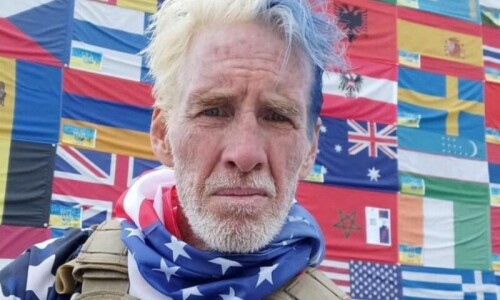
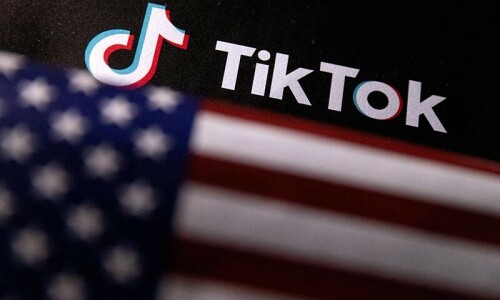
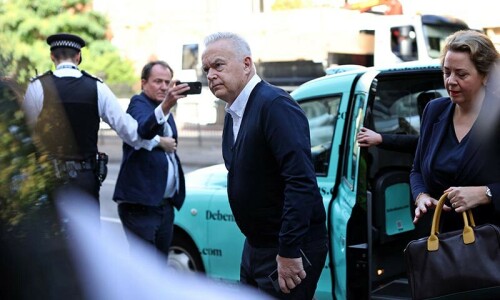





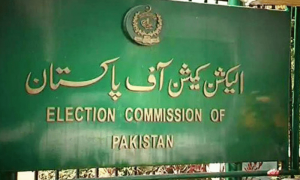
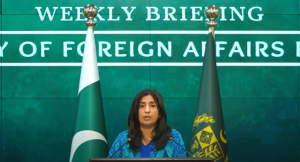
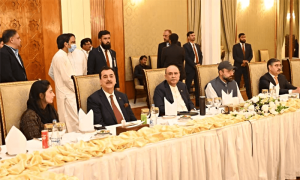
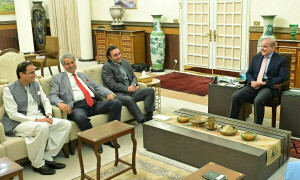
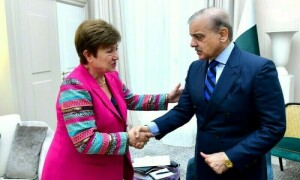

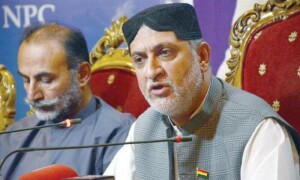

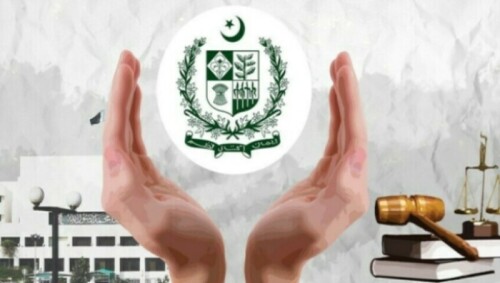
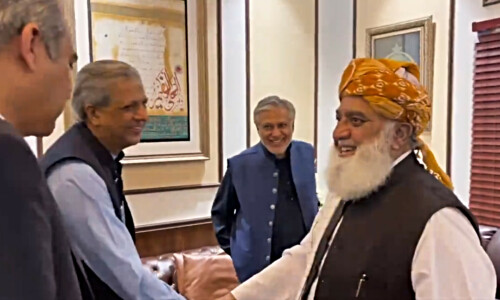
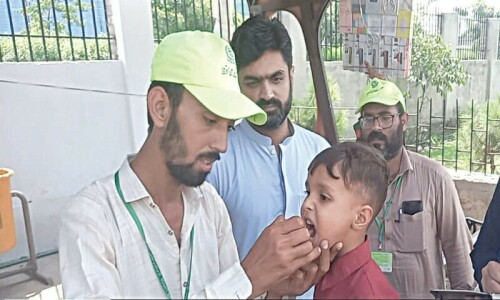

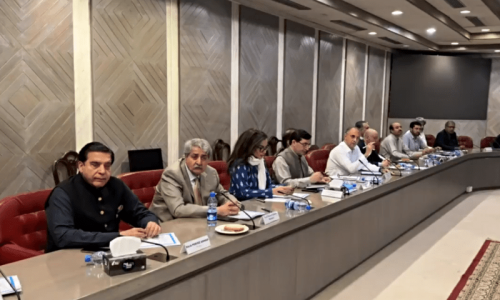

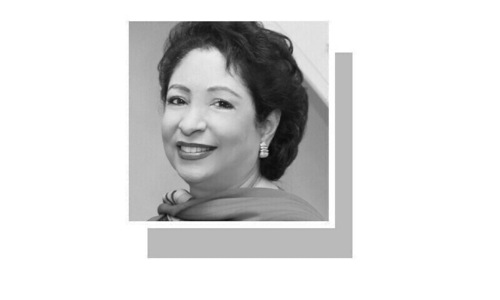





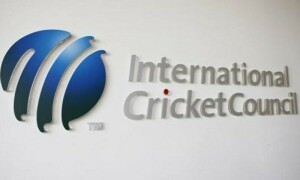
Dear visitor, the comments section is undergoing an overhaul and will return soon.